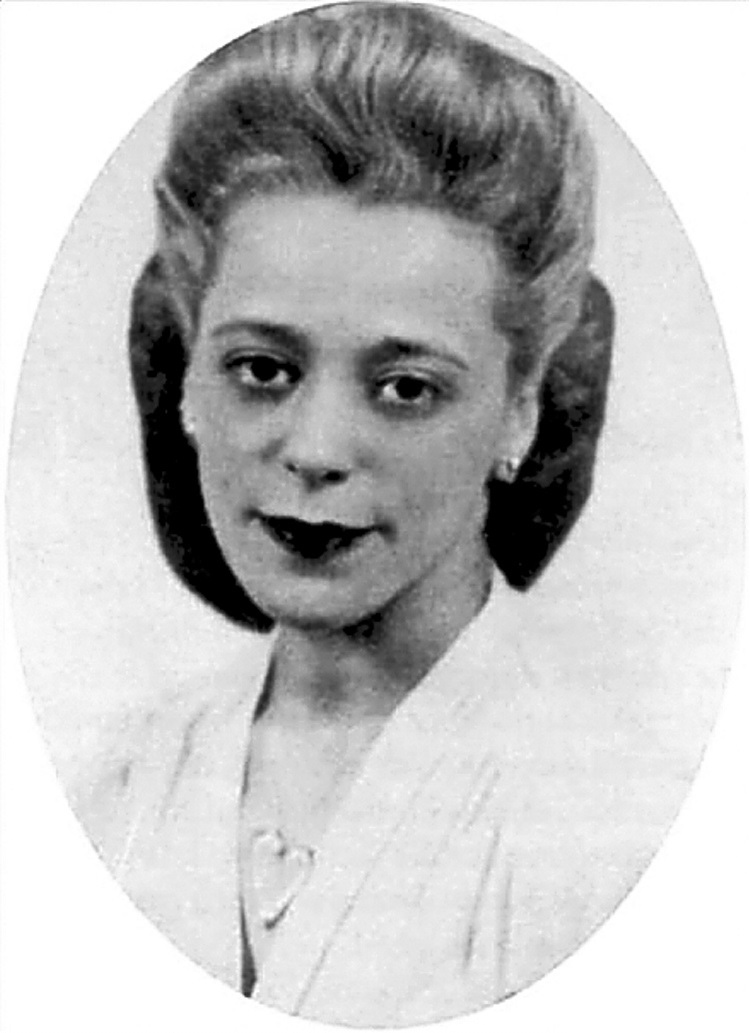Black Power in Nova Scotia: The Life of Viola Desmond
Posted by Pete on Jul 6th 2020
Today marks the birthday of Viola Desmond. In 1946, she took a stand against segregation in Nova Scotia which sent shockwaves across the whole of Canada.

Racism has long been a global challenge.
Muhammad Ali knew as much when he linked the struggle for black rights in the United States to the struggle for Vietnamese independence in South-East Asia.
The Black Lives Matter revolution has brought to light this global nature of racism.

Watching on as African Americans rise up for their lives and dignity, black people all over the world have been inspired to protest the racism they face in their own societies.
Britain and Belgium, for instance, seem to be starting long overdue conversations about their colonial past (and present).
Canada, too, has an enduring need to liberate itself from the scourge of white supremacy.
Since the foundational violence against indigenous peoples in the 16th and 17th centuries, racist politics has been a contemptible part of the North American story, in Canada as much as the United States.
But, in my experience at least, every shameful history of racism comes with a heroic history of anti-racism, and Canada is no exception.
Today, back in 1914, Viola Desmond was born in Halifax, Nova Scotia.
A black Canadian, she grew up in a country rife with de facto, structural racism.
Rarely as explicit as Jim Crow in the US, racism against black citizens in Canada was no less pernicious.
In Nova Scotia, segregation was widespread.
The Roseland Film Theatre in New Glasgow was a case in point.
The better, main floor seats were reserved for white patrons while black customers were confined to the balcony.
In 1943, Carrie Best, a black Nova Scotian, had tried to challenge this set-up without success.
Three years later came Viola Desmond’s turn.

On 8 th November 1946, Desmond’s car broke down in New Glasgow and so she went to the Roseland Theatre to watch a movie while it was repaired.
Unaware of the segregation – it was unofficial because there were no segregation laws in New Glasgow – Desmond moved down to the main floor where she could see better.
It wasn’t long before she was asked to move by a member of staff.
Viola immediately knew what was going on – she’d faced anti-black racism in Canada ever since being barred from beautician training as a young woman in Halifax.
But on that night in Nova Scotia, she took a stand.
Viola refused to leave her seat until she was forcibly thrown out of the theatre, injuring her hip in the process.
She was then arrested and spent the night in jail on the absurd claim of a tax violation.
Back home in Halifax, Desmond was convinced by her Baptist pastor, William Pearly Oliver, to challenge her arrest in court (as in the US, the Baptist Church was at the centre of black civil rights activism in Canada).
Supported by the Nova Scotia Association for the Advancement of Coloured People (modelled on the American NAACP) and Carrie Best, who had by now set up a newspaper, The Clarion, to advocate for black Canadians, Viola Desmond took the Roseland Theatre to court.
She didn’t win, but that’s not the point.
In the atmosphere of 1946, when many Canadians believed they’d just fought a bitter war to overcome racist Nazism in Europe, Viola Desmond’s act of defiance sparked new life into the Canadian civil rights movement at home.

To some in countries like Canada and England, it’s a tempting delusion to see anti-black racism as a 'US problem'.
This thinking tries to brush histories of white supremacy under the rug, but it also buries the inspiring stories of anti-racist resistance.
From Viola Desmond in Nova Scotia to the Bristol Bus Boycott of 1963, the epic of black power and black liberation extends well beyond the United States.
Black lives matter – all over the world.
